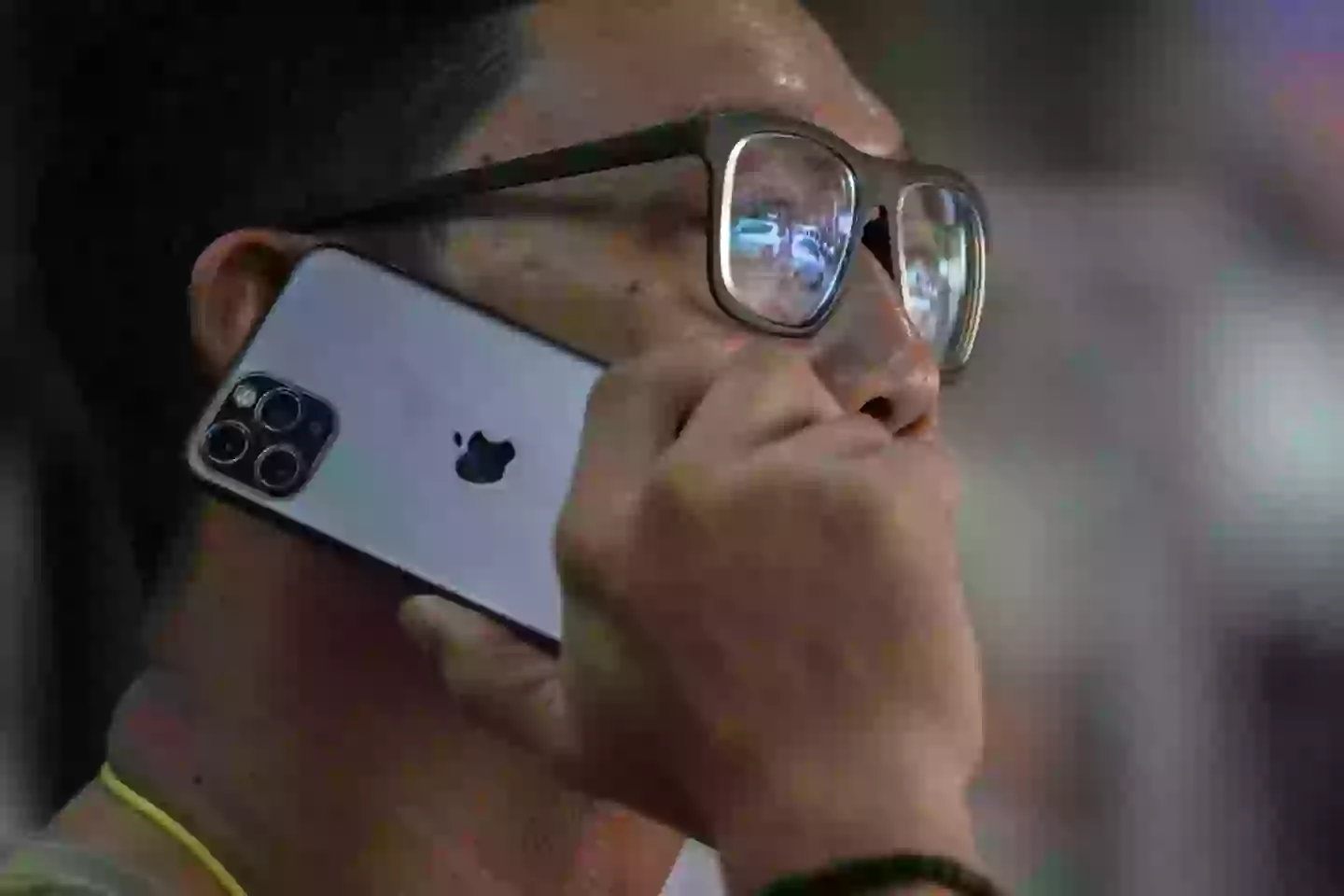
Everyone likes to keep up with the latest tech if they can afford it, but when it comes to nabbing the latest iPhone, it can become a costly endeavor.
It's been a struggle to keep up with Apple's release schedule, as we've had a new iPhone every year since 2007 - sometimes selling multiple models in the same year.
The iPhone 16 range hit shelves on September 20, 2024, with a rollout to regions like Vietnam on September 27 and the Philippines on October 18.
Advert
Still, there's one major region in the world you won't be able to buy an iPhone 16.

Due to some complicated political strife, the iPhone 16 was banned in Indonesia and is still unavailable.
In October 2024, the Indonesian Ministry of Industry announced that the iPhone 16 wouldn't be going on sale due to Apple failing to meet investment requirements for the country and not hitting the local content requirement threshold for certification.
Advert
Apple reportedly scrambled to rectify the ban with promises of a $100 million investment, but that wasn't enough for the Ministry of Industry.
Considering the potential sales boom of the iPhone 16 being available in Indonesia, $100 million feels like relatively small change compared to what the tech giant could earn.
Casting your minds back, you might remember when India banned Apple stores from setting up shop until the tech company invested in large-scale manufacturing in the country.
As noted by Reuters, the iPhone 16 saga started with a measly $10 million offer.
Advert
This was upped to $100 million, which wasn't enough for the Indonesian Ministry of Industry, saying Apple had 'has not met principles of fairness.'
It demanded a cool $1 billion, but even though that offer has now been made, there's no sign of the iPhone 16 in the country.

Reuters explains how Indonesia asked for a $1 billion manufacturing spend, with Apple eventually agreeing to large-scale AirTag manufacturing.
Advert
Indonesia has decreed that domestic smartphones need to be made from at least 35% locally-made parts.
Although Minister Agus Gumiwang Kartasasmita confirms that Apple has agreed to build an AirTag facility near Singapore on Indonesia's Batam island, it still doesn't count as a 'locally made' iPhone part.
Kartasasmita explained: "There is no basis for the ministry to issue a local content certification as a way for Apple to have the permission to sell iPhone 16 because (the facility) has no direct relations."
Even though Apple is currently without any manufacturing facilities in Indonesia, the fact the population sits at over 280 million and is the fourth-most populated country in the world means it's a lucrative corner of the market that's being missed out on.
Advert
It's unclear what Indonesia's endgame is here, as it seems unlikely it can squeeze another $1 billion out of Apple after it met the country's demands. Then again, Indonesia has Apple over a barrel and can probably get a few more dollars out of its pockets before the iPhone 16 inevitably goes on sale.
